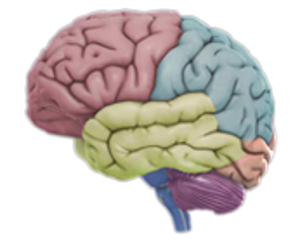A much anticipated clinical study which has taken years to complete was published in the New England Journal of Medicine yesterday. Some people have a small hole known as a patent foramen ovale (PFO) between two chambers of the heart. This defect, although not rare, is recognized as a cause of stroke in some cases. The study, known as CLOSURE I, looked at whether taking medicine such as aspirin was as effective as using a device to close the hole. The conclusion of the study, which included over 900 patients studied for at least two years, was that no difference was found between the two treatments.
As with all medical studies, it is important to understand the details behind the conclusions. The study was undertaken almost ten years ago when new devices appeared to allow closure of a PFO without cardiac surgery, procedures were regularly performed on stroke patients, even though the FDA had not approved those devices for this indication. Once a device is ‘on the market’, it can be used with justification. Since these devices were being widely used in clinical practice, primarily by interventional Cardiologists, it became important to find out whether they were really more effective than medical therapy. It was extremely difficult to find patients that would agree to this study, because the nature of patients is that if a treatment (especially a new, high tech treatment) exists, they would prefer it to being part of a research trial. During the period of this study, approximately 80,000 patients underwent the procedure at an average cost of $10,000. Had insurers not paid for all those procedures, this study would have been completed much earlier, as the only way to have the devices implanted would have been to participate in a research study.
CLOSURE I is highly significant, but another study known as RESPECT has been completed, and the results should become available soon. For now, we can say to most patients with stroke and this cardiac defect that medical therapy is adequate. Whether a group of patients who might benefit from closure can be identified is yet to be resolved.
As always, consultation with an expert in the field is advised. This may include experts in Cardiology and Stroke.
